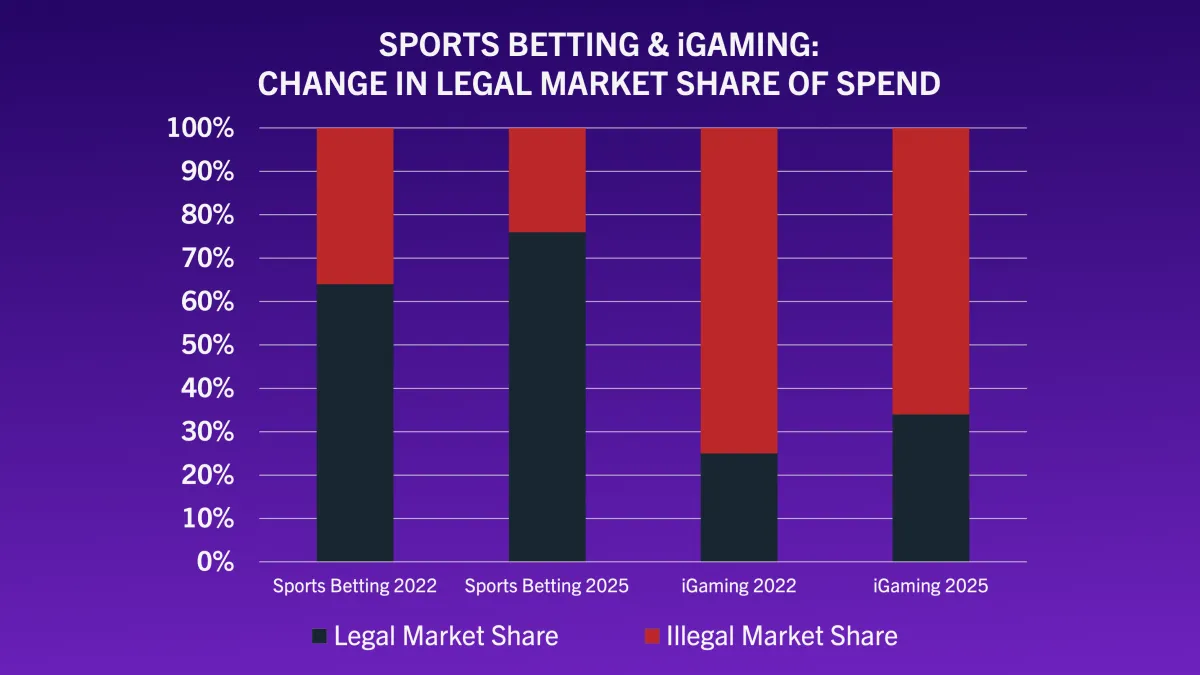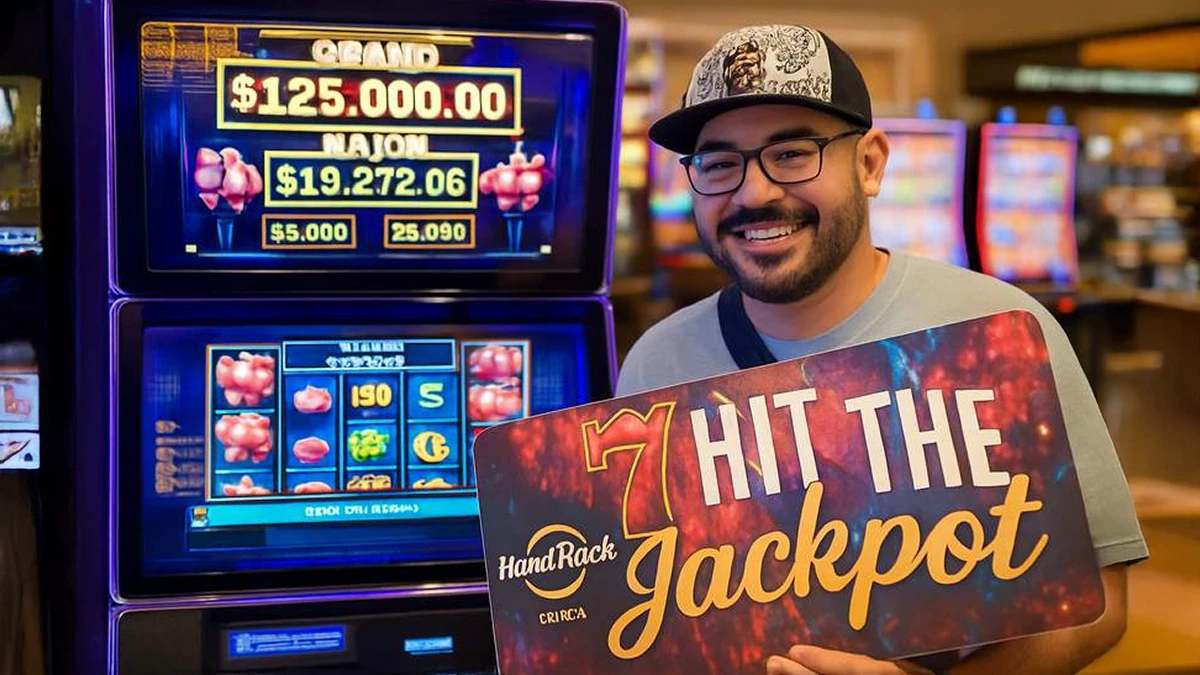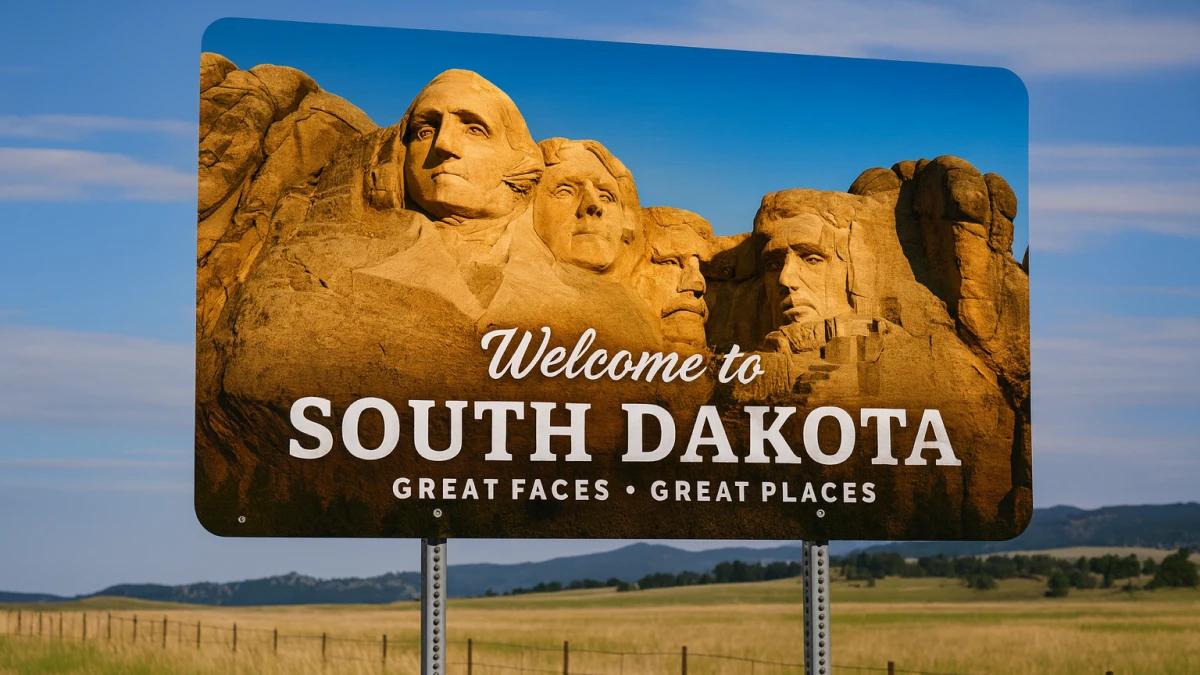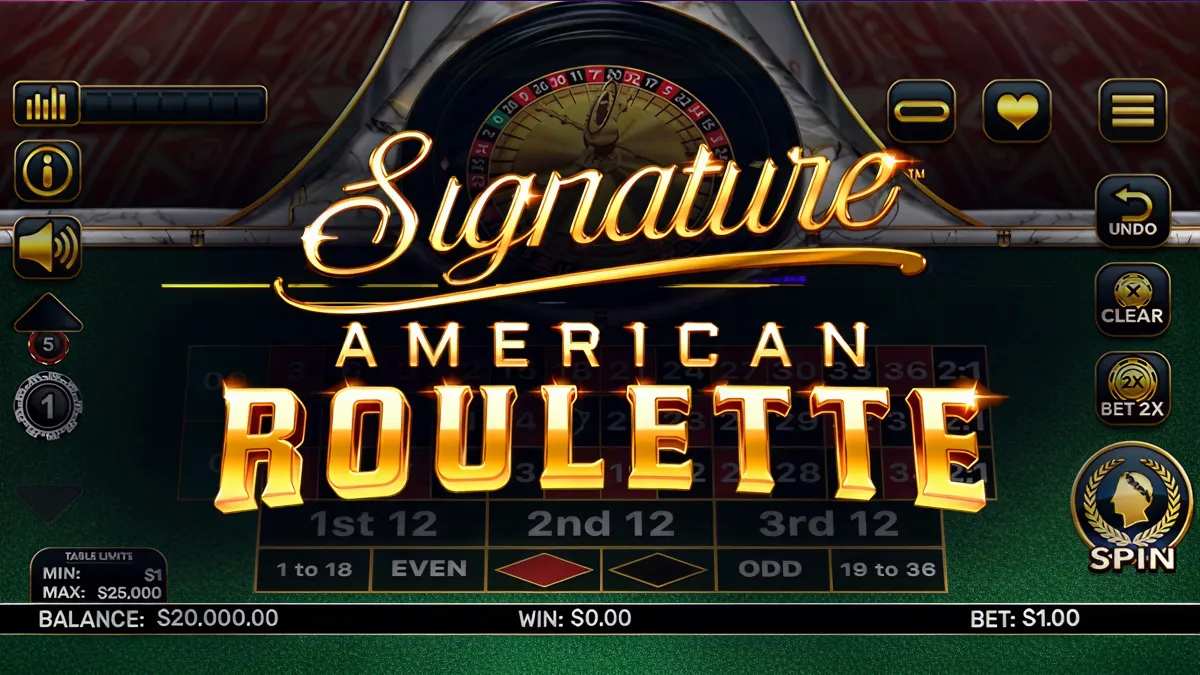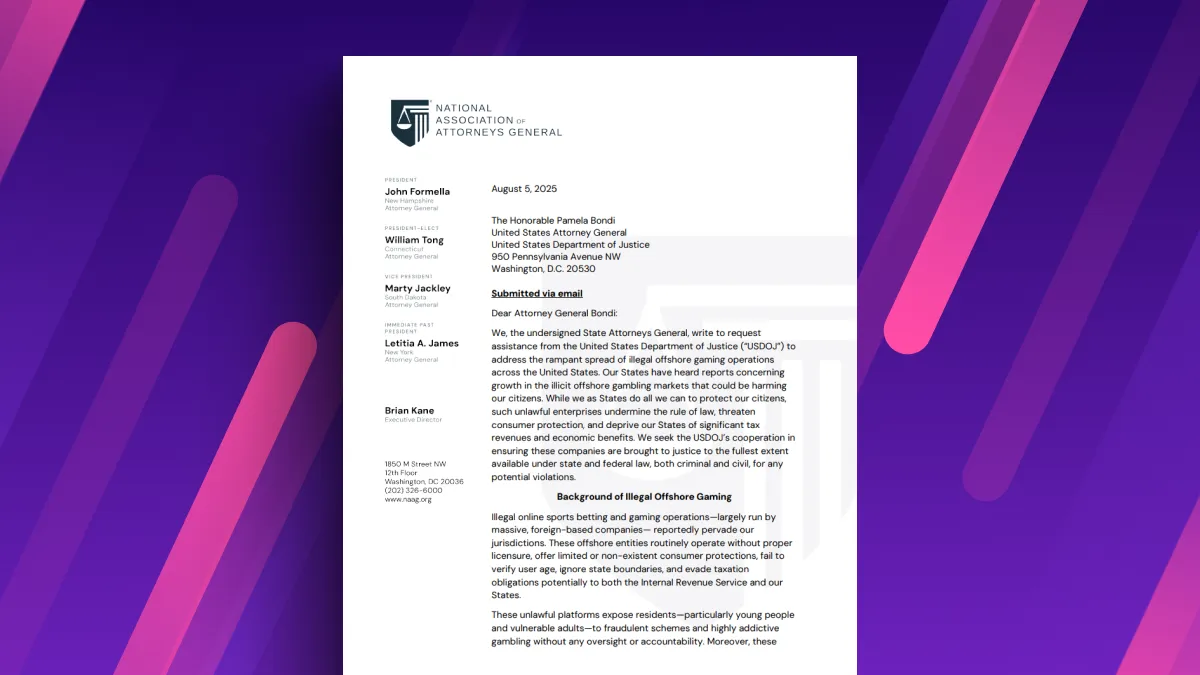Alabama’s Creek Tribe Renews Bid for Legal Gambling

1.0
Default
The Poarch Band of Creek Indians from Alabama has just announced a brand-new approach for the legalization of casino gaming and sports betting in the state. Instead of seeking out legalization only in the legislative session, it will focus on legalization throughout the entire year. Alabama is still one of the few US states with no lottery, and legislators have regularly tried to introduce the legislation, along with casino gaming and sports betting, with no luck for a good number of years.
In the face of repeated legislative setbacks, the Poarch Band of Creek Indians is adopting a new, year-round strategy to push for the legalization of casino gambling and sports betting in Alabama. The move signals a shift in how the tribe plans to build momentum behind an issue that has long divided lawmakers, despite strong public support.
Rethinking the strategy
Rather than waiting for the next legislative session, PCI leaders are working to keep the conversation about legalized gambling alive throughout the whole year. Arthur Mothershed, Executive Vice President of Business Development and Government Relations for Wind Creek Hospitality - the tribe’s gaming arm - emphasized the need for a more proactive approach.
"I think too often we wait until the session starts and then we start working for this agenda or trying to push this agenda across the finish line," Mothershed said. "I think we've got to do a better job of getting the voices of the people heard."
The tribe plans to launch a series of polling initiatives and focus groups before the summer to fine-tune its messaging and build grassroots support.
Alabama's gambling landscape
Alabama remains one of only five states with no state lottery, and efforts to establish one have consistently failed in the legislature over the last 25 years. In recent years, proposed legislation has expanded beyond a lottery to include casino gambling and sports betting - but disagreements over specifics such as revenue allocation have stalled progress.
Despite these political hurdles, public opinion is decidedly in favor of bringing gambling to the state. Polls show that up to 80% of Alabamians support the opportunity to vote on a lottery, and many are open to broader gambling reforms.
Amplifying tribal voices
The Poarch Band of Creek Indians currently operates three electronic bingo casinos in the state and has been increasingly vocal about the need for expanded gambling options. The tribe acknowledges it must do more to advocate for the communities it serves and the economic benefits legalized gambling could bring.
"We're already in the process of setting up more polling before the summer even starts, putting together some focus groups so that we can get a better message to the legislators," stated Mothershed.
In a show of commitment, PCI bought the Birmingham Race Course last year and partnered with the influential lobbying company Fine Geddie. The tribe had even begun preparing for extensive renovations at its facilities, anticipating the passage of a comprehensive casino gambling bill.
According to projections, legalized gambling could bring over 10,000 jobs to Alabama, along with significant new revenue for the state.
Facing political resistance
Still, the road to legalization remains steep. After another failed attempt at passing gambling legislation earlier this year, Senator Greg Albritton, a longtime supporter of the initiative, declared the issue effectively dormant for the foreseeable future.
"We've been struggling with this for 25 - 26 years already...I don't see anything changing," said Albritton, expressing doubt that consensus among lawmakers could be reached anytime soon.
The sentiment contrasts with public opinion and the stance of Governor Kay Ivey, who has signaled openness to a voter referendum on the issue. However, a lack of alignment among lawmakers continues to block meaningful progress.
The Poarch Creek's new strategy aims to bridge that divide by mobilizing voters and reshaping the narrative around gambling in Alabama. With increased outreach and a more sustained lobbying effort, the tribe hopes to turn public support into political action.












